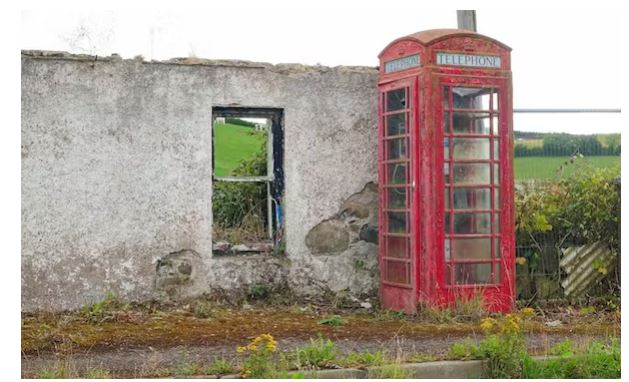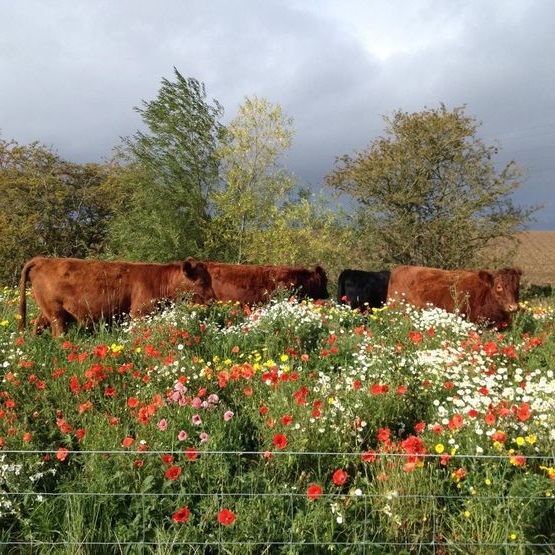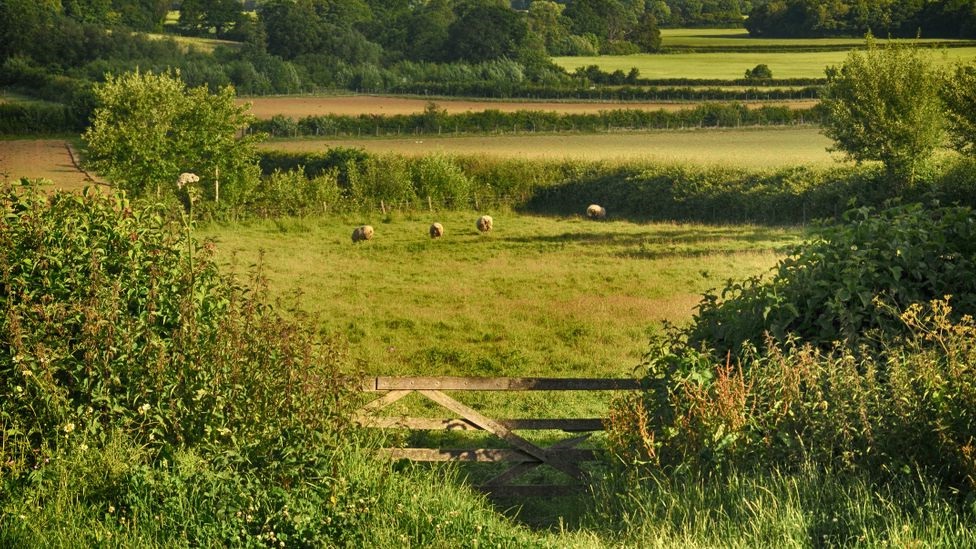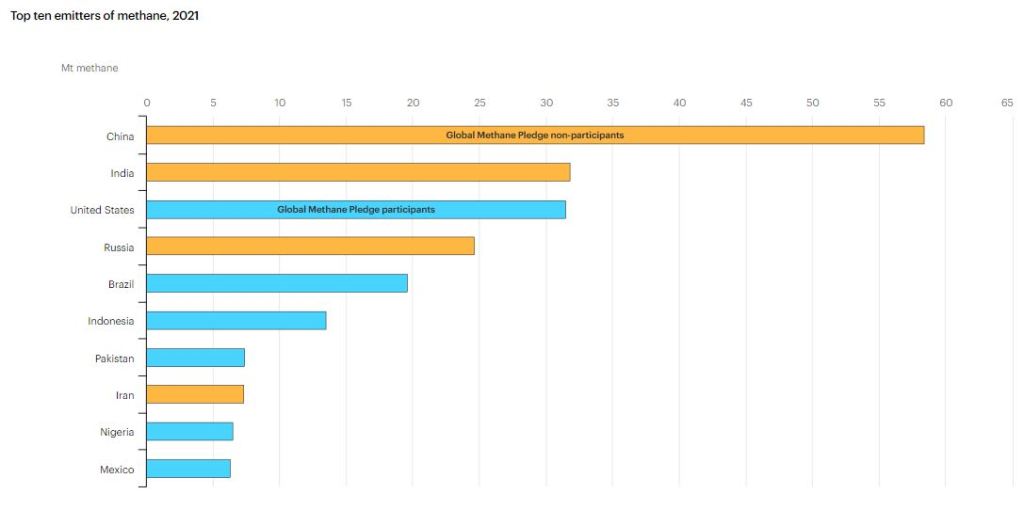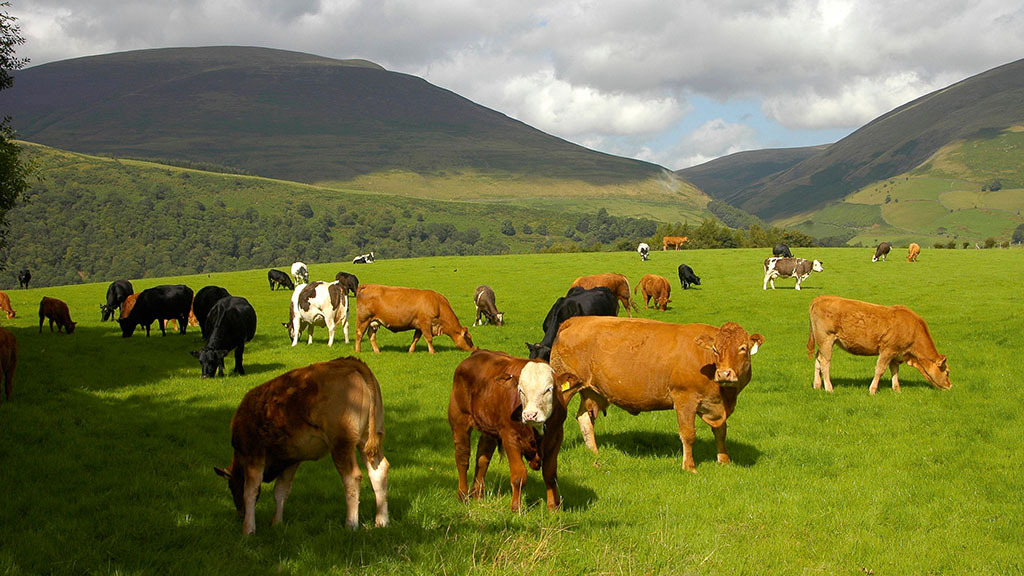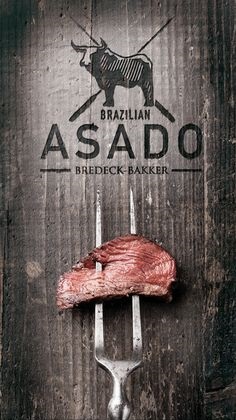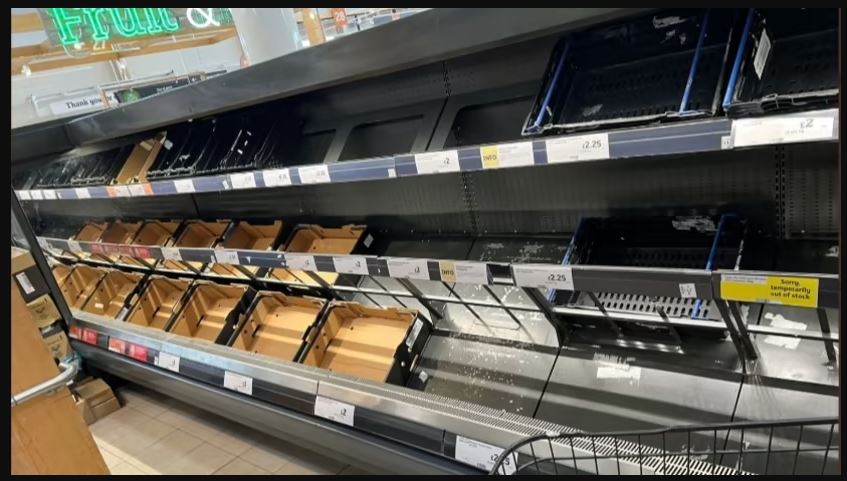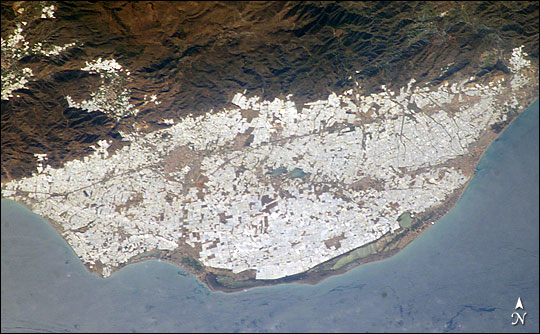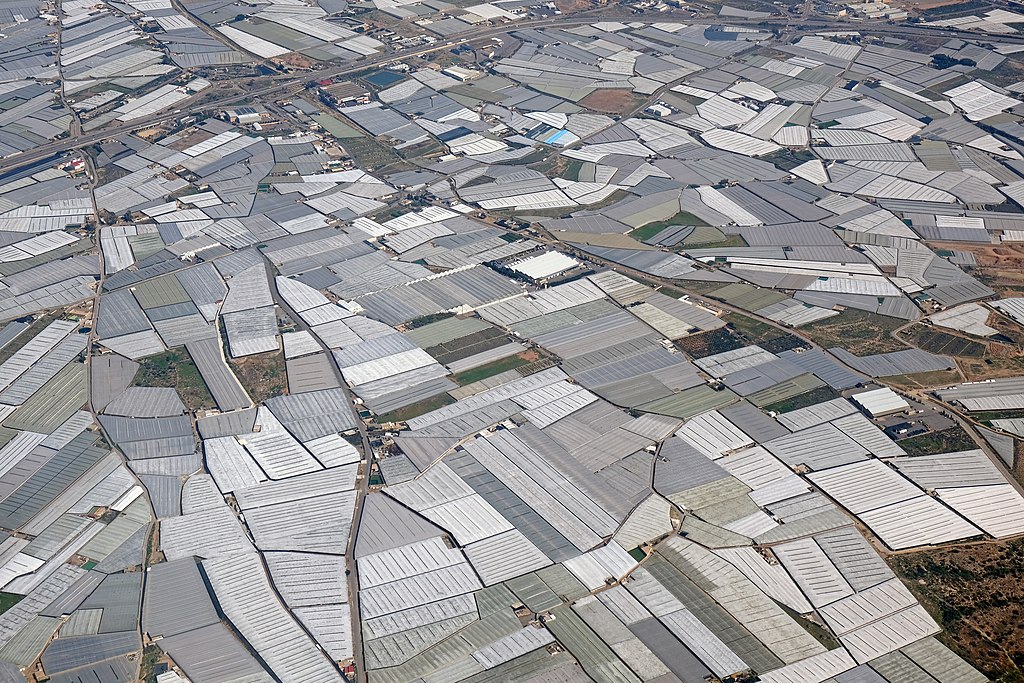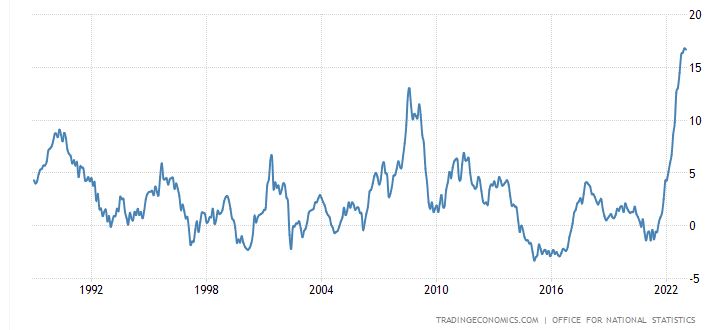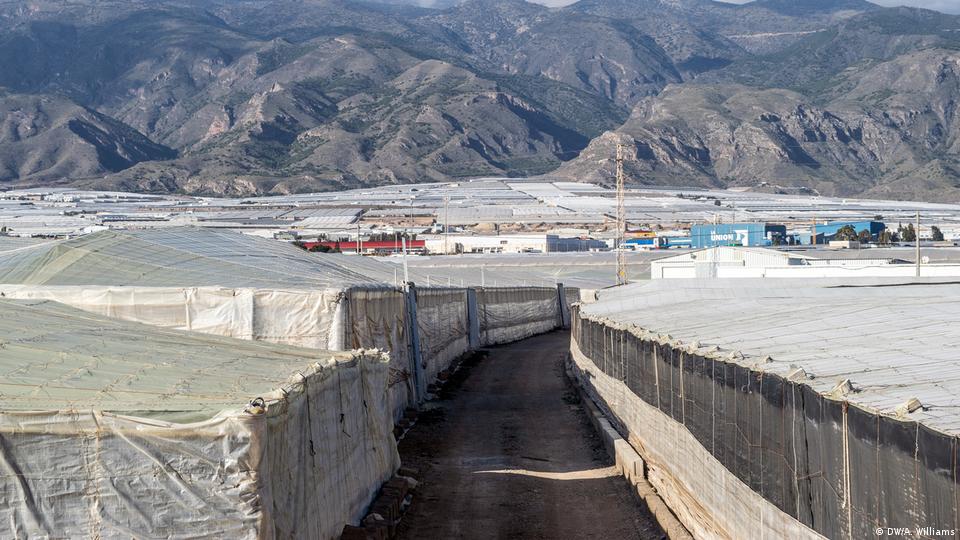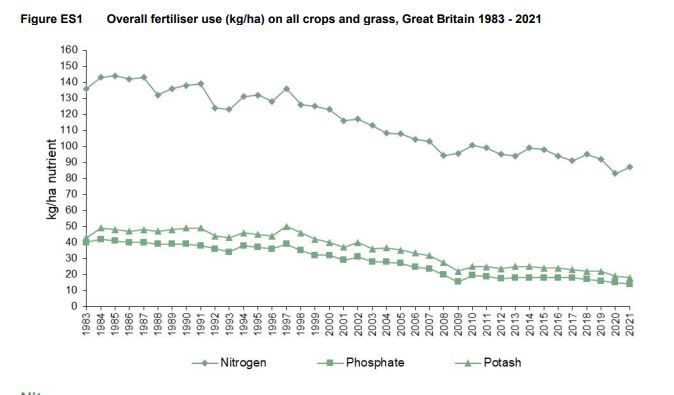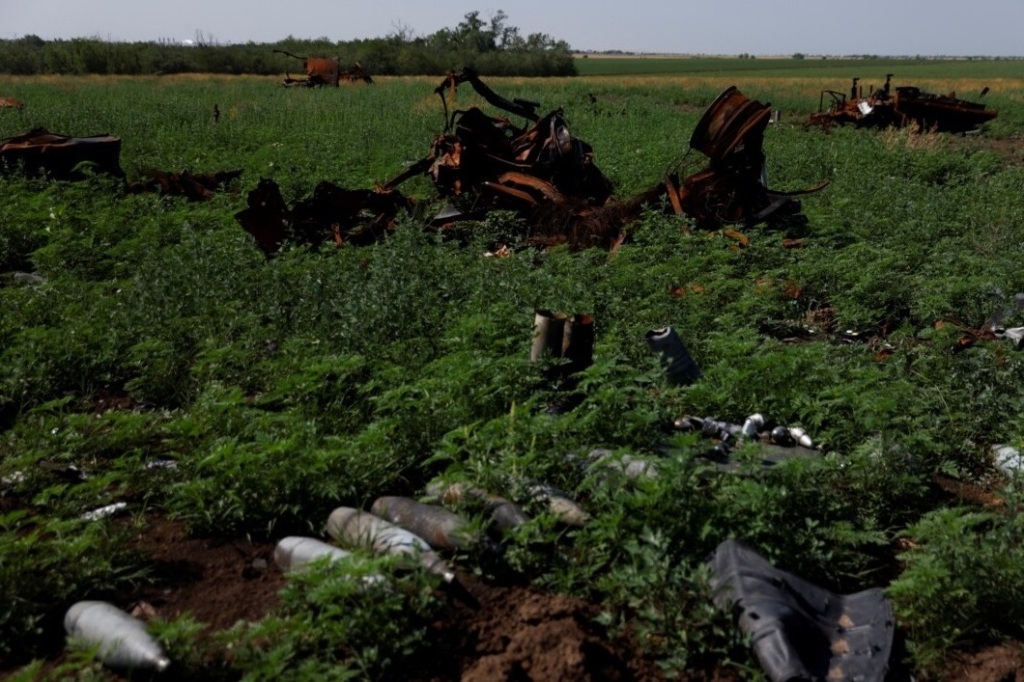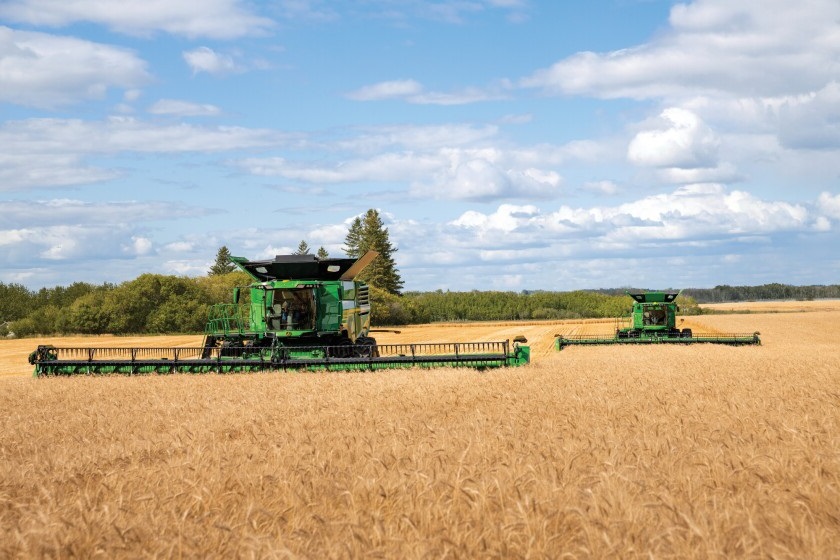
Funny how some things never change. Sixty years ago I was busy with a fork and wheelbarrow cleaning out a heifer shippon. I was no more than eight at the time. This morning, there I was, with fork and wheelbarrow, mucking out heifers again. Admittedly my younger self would have appreciated the developments in muck fork technology. The one I’m using now is lighter, with a hollow metal shaft. The barrow hasn’t changed much, but being galvanised rather than painted, it’ll doubtless last better. Some things are apparently timeless and unchanging.
Other people are also trapped in an apparently timeless world. Our ruling classes are a prime example of this. So in the Netherlands, the last government decided that 30 per cent of all cattle farms need to be closed by 2030 in order to halve nitrogen emissions as decreed by EU regulations. Government policy was that Dutch farmers will be forced to either sell their land to the state now or face expropriation later. Given that the Netherlands is apparently the second largest exporter of agricultural products in the world after the US, to cut their production is of rather drastic. Admittedly this plan is on hold because the farmers formed their own political party and this led to the collapse of the government at the elections. It’s not just the UK political class which is out of touch with the electorate.
In France, farmers are protesting at the cut in their income, and the incoming requirement to leave 4% of farmland fallow and the mandatory restoration of hedges. This comes on top of bitter arguments about irrigation projects, which have led to crashes. Apparently 58% of the water used in France goes to farming, 26% to drinkable water, 12% to cool down nuclear reactors and 4% goes to industrial uses.
These arguments parallel those in Spain, where farmers are also complaining. Apparently Spanish strawberry farmers are seeing their prices undercut by strawberries imported from Morocco. Because of the use in Morocco of water from sewage systems for irrigation, these strawberries can contain Hepatitis A. In the UK and EU we have regulations to ensure this doesn’t happen. But whilst expecting our farmers to keep up standards, governments have no problems about importing stuff cheap which does not meet those standards.
But in Spain as in France there are problems with drought and the amount of water going to agriculture. In Spain it is apparently 70%. Now it may be that there are people who think that washing the car or running a bath is more important than producing food to eat. If so, they should say so, and they can be issued with appropriate ration cards.
But perhaps somebody has noticed that the world is changing.
Science for Sustainable Agriculture is often described as a think tank. In a recent article, in which they look at a Defra report into the new Defra designed environmental schemes, ELMS, they pointed out that
https://www.scienceforsustainableagriculture.com/mattwridley6
“For action after action, the Defra-funded report indicates that achieving environmental benefits in land managed under ELMS actions can be expected to be offset by potentially more significant disbenefits elsewhere – both in terms of environmental and food production impacts. In simple terms, it recognises that land under the ELMS will be less productive, which will require the missing food to be produced on other land, including in other countries, which could result in overall worse outcomes for the food production, climate and the environment.”
The Defra report is here.
https://randd.defra.gov.uk/ProjectDetails?ProjectId=21327
So the policy that our political elite still clings to is to reduce food production in the UK and import more from abroad. But if countries like the Netherlands, France and Spain are also moving down that road, where do we import it from. Somewhere where your produce arrives with a side order of Hepatitis A perhaps?
But the world is changing. The world that existed when I first picked up a muck fork is a very different world to the world we have now.
We have a war in Europe. Danish and Swedish ministers, among others, have said that Russia could invade a NATO country in the next three to five years. Because we are no longer in the EU we tend to miss some items of news but 20 of the 27 member states increased defence spending. Some of them by considerable amounts. Indeed NATO and a number of EU member states have suggested that the UK consider reintroducing conscription as a way to help deter aggression.
But it isn’t just Europe. The rest of the world is less stable. The shooting in Moscow seems have been organised by ISIS–K. These have been fighting against the Taliban in Afghanistan as well as elsewhere in Central Asia and Iran and are violently opposed to Shia Muslims. Russia, having joined in the Syrian civil war, having become allied to Iran, and having offered military support packages to African dictators facing Islamic or other insurgencies, has ended up very firmly on one side in the divide which splits the Islamic world. It just happens to be the side violently opposed by ISIS-K. So whilst Iranian proxies like the Houthis attempt to blockade the Red Sea, Iran and now Russia come under attack from ISIS and vaguely allied forces. But of course being hostile to Iran doesn’t mean they’re any less hostile to the West.
So given the total mess which is world politics at the moment, is it really sensible to adopt policies which reduce our food production and increase our imports from a less stable world?
♥♥♥♥
There again, don’t confuse me with somebody who might have a clue what they’re talking about
As a reviewer commented, “Should be mandatory reading for anyone moving to the countryside for the first time. Charmingly accurate and educational. Utterly first class.”
As another said, “Yet another quiet, but highly entertaining, amble through Jim Webster’s farming life, accompanied by Sal, his collie extraordinarie.
Sheep, cattle, government eccentricities and wry observations are all included.”
